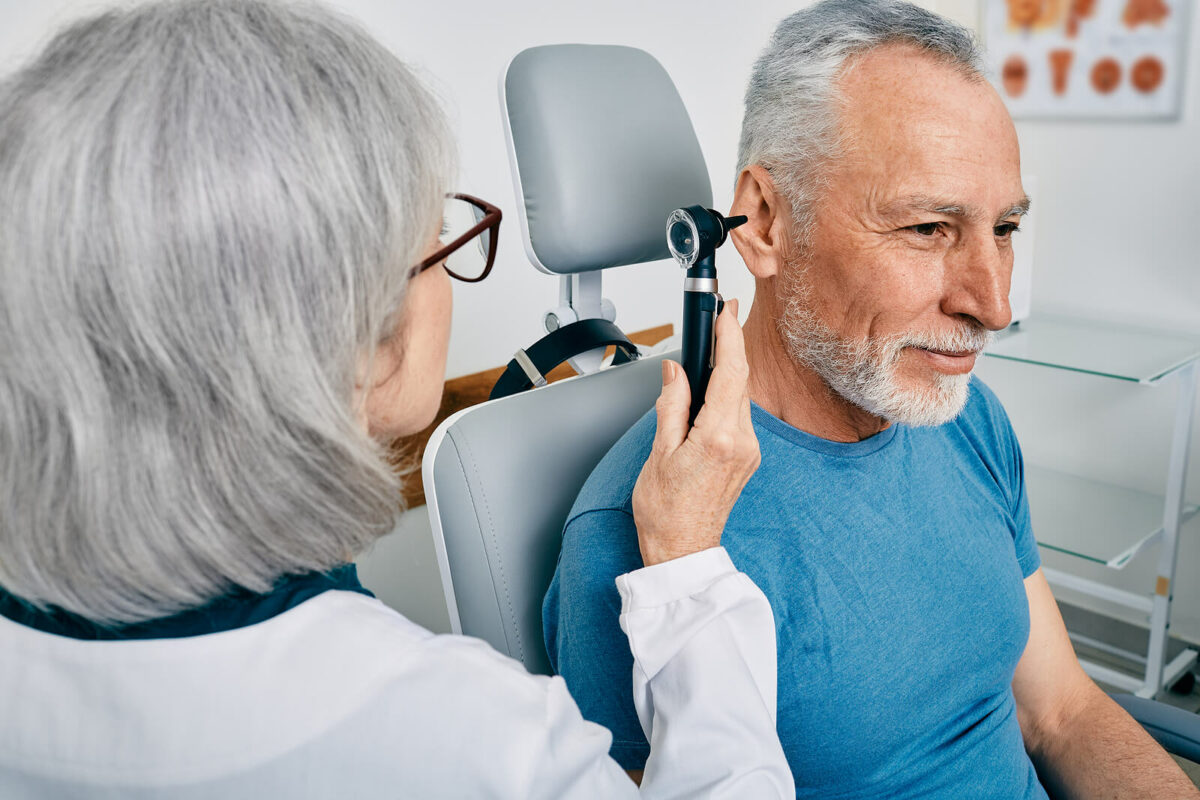World Hearing Day 2023 is just around the corner, and this year’s theme is “Ear and hearing care for all.” World Hearing Day 2023 will emphasize the crucial role of integrating ear and hearing care within primary care as a critical aspect of universal health coverage.
The key messages of World Hearing Day 2023 include the prevalence of ear and hearing problems within the community, with over 60% of these issues being identifiable and treatable at the primary level of care. The integration of ear and hearing care into primary care services is feasible through training and capacity building at this level, resulting in significant benefits for individuals and helping countries move towards the goal of achieving universal health coverage.
As we approach this important day, it’s essential to highlight the significance of integrating ear and hearing care into primary care, and how this will make it easier for providers to detect hearing loss earlier.
In this article, we’ll discuss why your primary care provider might not be able to detect your hearing loss, the importance of early detection, and alternative options for hearing screening.
Common reasons why primary care providers might miss hearing loss
Primary care providers are typically the first point of contact for individuals seeking medical care. However, detecting hearing loss is not always their top priority. There are several reasons why a primary care provider might miss hearing loss, including:
- Limited time for appointments: Primary care providers often have a limited amount of time for each appointment, and addressing hearing loss might not be the primary concern.
- Lack of training or experience with hearing loss: Primary care providers may not have the necessary training or experience to diagnose hearing loss. As a result, they might not be aware of the subtle signs and symptoms of hearing loss.
- Patients may not report hearing loss symptoms: Patients may not report hearing loss symptoms, either because they are not aware of them or because they are reluctant to talk about them.
- Misconceptions about hearing loss: There are many misconceptions about hearing loss, such as the belief that it only affects older adults. These misconceptions can lead to a lack of concern about hearing loss among primary care providers.
- Hearing loss is gradual: This makes it difficult for doctors to notice the changes in a patient’s hearing abilities. Unlike sudden hearing loss caused by an injury or illness, gradual hearing loss can take place over a long period of time, often going unnoticed until it becomes more severe.
While it’s true that primary care providers might not always detect hearing loss, they still play a crucial role in our healthcare system. As the first line of defense against many health conditions, including hearing loss, primary care providers are often the first healthcare professionals that individuals interact with when seeking medical care.
Why early detection of hearing loss is critical
Early detection of hearing loss is critical because it can prevent further hearing loss and improve overall health and quality of life. If left untreated, hearing loss can lead to social isolation, depression, and cognitive decline. In addition, untreated hearing loss has been linked to other health conditions, such as cardiovascular disease, diabetes, and dementia.
While primary care providers might not always detect hearing loss, there are alternative options for hearing screening. One option is to schedule a hearing test with a hearing healthcare professional. These professionals are trained to diagnose and treat hearing loss and can provide individualized treatment options. In addition, there are new technologies available for diagnosing hearing loss, such as mobile hearing testing and teleaudiology, which allow for remote hearing assessments.
Importance of regular hearing screenings
Regular hearing screenings are crucial for early detection of hearing loss. Even if you have no apparent hearing loss symptoms, it’s recommended that you schedule a hearing test at least once every ten years, starting at age 40. If you have a history of hearing loss in your family, it’s even more critical to get tested regularly.
As we approach World Hearing Day 2023, we encourage you to prioritize your hearing health. If you’re experiencing hearing loss symptoms or haven’t had a hearing test in a while, we invite you to schedule an appointment with our hearing practice. We offer a range of hearing healthcare services, including hearing tests, hearing aids, and assistive listening devices. Together, we can work towards the goal of “Ear and hearing care for all.”

